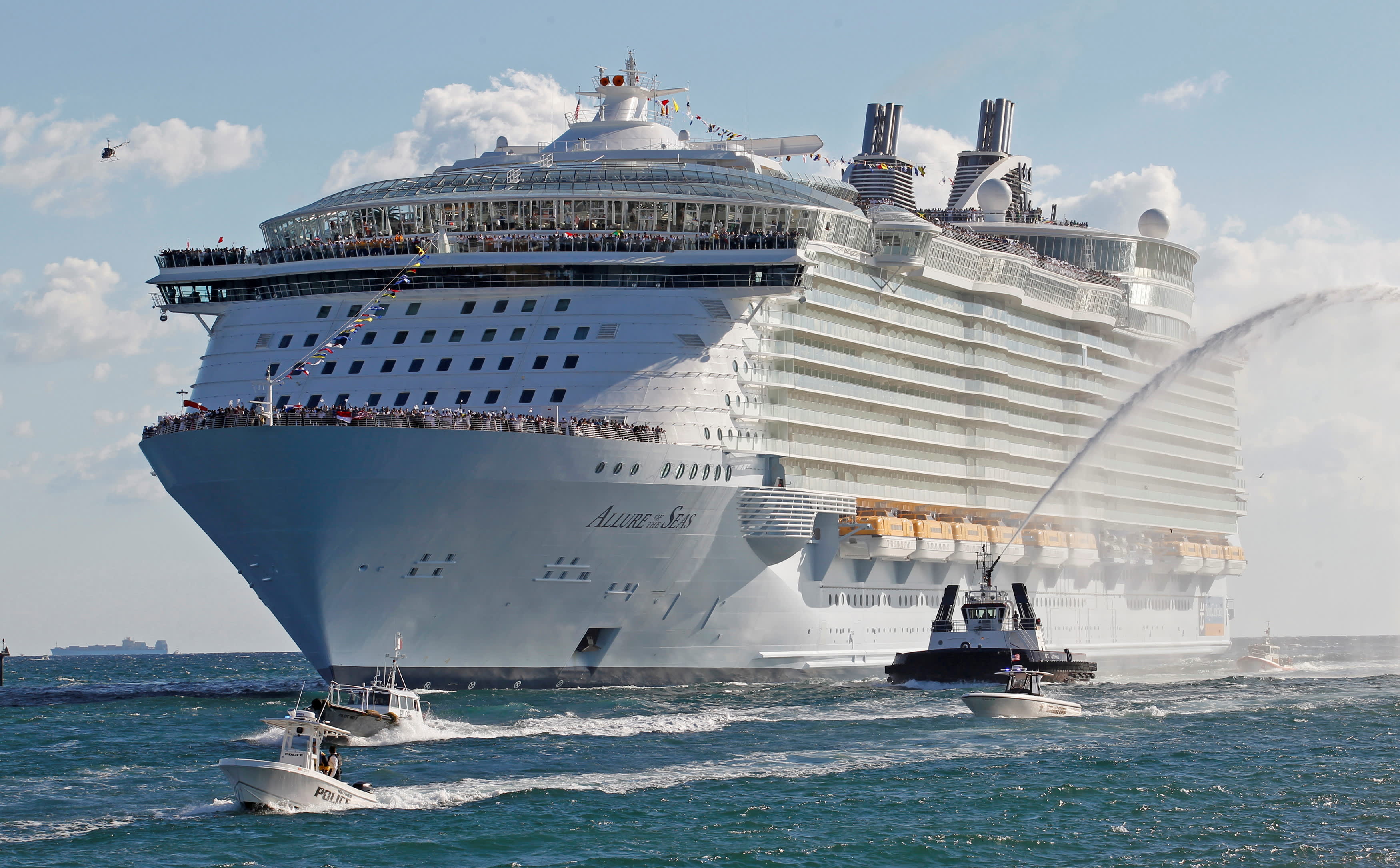Nearly three decades later, the memories remain just as vivid for those who survived the destruction when Hurricane Andrew ripped through southern Miami-Dade County.
Tuesday marks the 29th anniversary of the Category 5 hurricane making landfall, leveling cities like Homestead and Florida City with winds as high as 175 miles per hour.
Watch NBC6 free wherever you are
A total of 44 people lost their lives in the state, with Andrew causing over $25 billion in damage to the area. In all 65 people died and the storm caused an estimated $26.3 million in damage, making it the costliest storm in history at that time.
Zoo Miami’s Ron Magill posted images on social media showing the destruction he and his family encountered along with efforts to save some of the zoo’s animals.
Get local news you need to know to start your day with NBC 6's News Headlines newsletter.
Homestead lost an estimated $200 million when the Air Force Base located in the city reopened years later with half the staff that was stationed prior to the storm.
The MLB’s Cleveland franchise, scheduled to move their Spring Training to the city prior to the storm, ended up moving to Winter Haven despite the city rebuilding their sports complex.
Andrew also influenced Broward County as well, as residents from South Miami-Dade took insurance money from the storms and moved their families north, settling in cities such as Coral Springs, Weston and Plantation among others.

"It was a very fast developing storm, only two days, remember, two days before it actually hit as a category 5, 165-mile-an-hour storm, it was a category 1, 75-mile-an-hour storm," Bryan Norcross, a former WTVJ meteorologist who spent 23 hours straight on the air as the storm made landfall, said during a 2017 interview commentating the 25th anniversary.
U.S. Army Sgt. Andy Rubenstein described in 2017 how the cavalry descended on the area to help in the aftermath of the deadly and devastating hurricane.
"The first couple of days was a shock to everyone, 'cause you were just in your home and now you are in a tent," Rubenstein said.
Rubenstein described Homestead and Harris Field, a place of refuge for the dozens who lost their homes, as a war zone in August 1992.
“This is where people needed water, this where people needed food, this is where people needed to get their lives back together,” said Sgt. Rubenstein.


